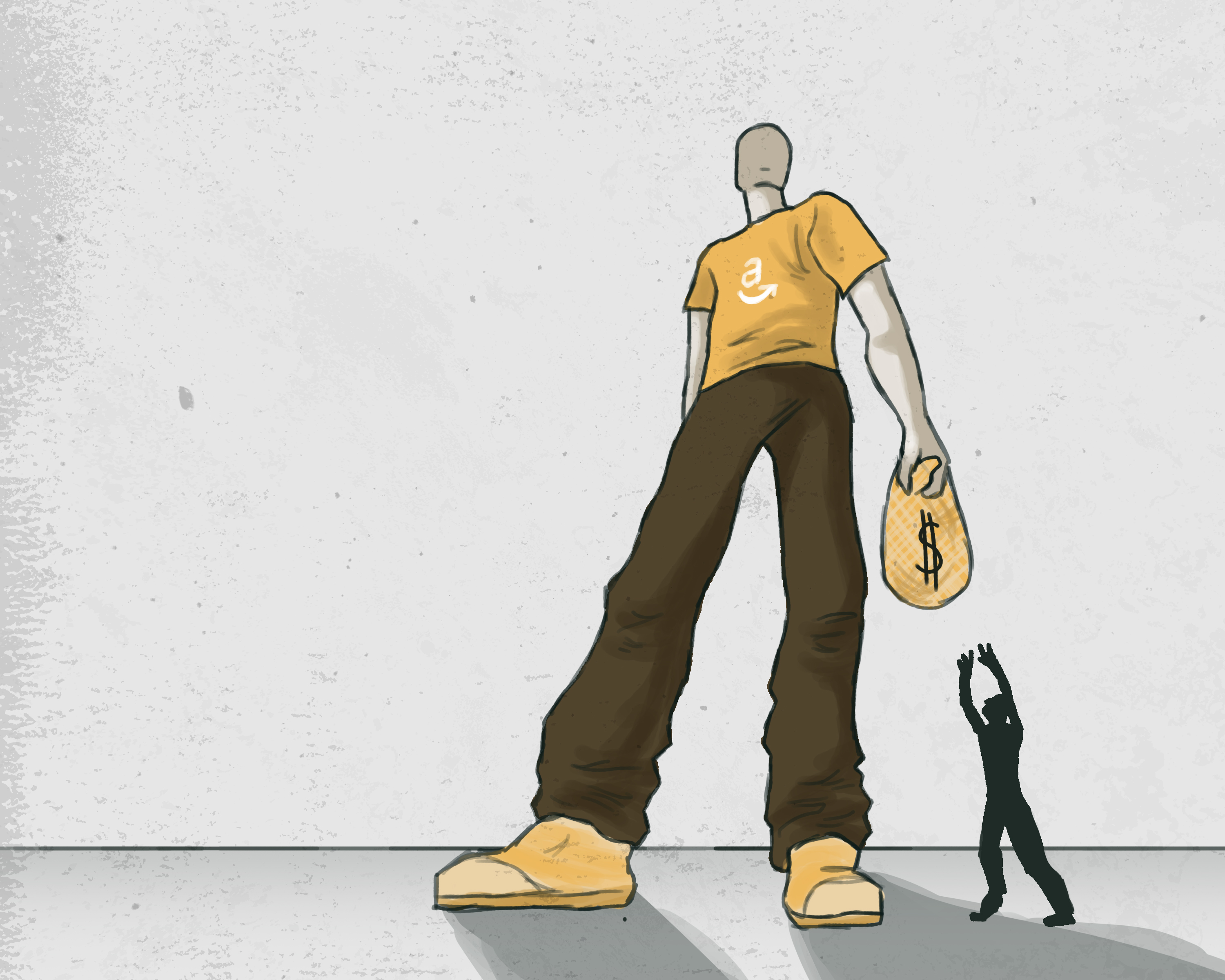Caleigh MacDonald, staff
I do not know what it’s like to be dying, but I know better than most what it feels like to lose control of your own body.
I have epilepsy, a condition that sporadically turns my brain into a skipping record player. When it activates, I collapse, and every muscle in my body locks up. My ability to swallow becomes impaired as I writhe on the floor for about five minutes. I drool all over myself, and if I’m really unlucky, I lose control of my bladder. The only saving grace is that while this is happening I am essentially out cold, so I never remember any of this – I just hear about it afterwards.
It’s disconcerting and frightening to think that there is a part of myself that I have no control over, no matter how small. I hate that there are these gaps in my memory that I can never truly fill, and I hate that there’s something within me that is in some way broken.
Being a victim of your own biology is incredibly disempowering, and not something that you can truly understand until you have lived through it in some capacity.
So when I hear the debate surrounding assisted suicide that has been so prevalent in the media lately, I sympathize with those who push for the option because I know how devastating it is, even for someone with a fairly minor condition like mine, to watch their own body betray them. And knowing that, I can only imagine what it would be like for someone watching it happen to themselves knowing full well that it will never get any better, and that the only thing they have to look forward to is a slow, painful death from a terminal illness.
This is not to say that physician-assisted suicide would be the answer for everyone. Suicide should not be high on the list of options of services that a doctor offers his or her terminally ill patient. But it should be on the list.
Opponents have argued that the movement currently battling in courts for the right to “die with dignity” seem to claim that natural death is an undignified end of life. They argue that to pass this legislation would potentially put us on a slippery slope towards the euthanization of senior citizens or those with severe disabilities. What some of these opponents fail to consider is the “suicide” portion of the legislation, which requires that the patient themselves be the one to request the assistance of a doctor in ending their suffering. They must give informed consent.
Others have sided with the religious argument that life is a gift that only god can give or take away. But just because a person’s religion says one thing does not mean we should enshrine it in law. If my religion said that on every Thursday I must have asparagus for dinner, that would not mean we should pass a law ensuring that every Thursday were asparagus night. If physician-assisted suicide is not accepted in your faith, no one is forcing you to participate. Denying the choice to everyone else because it makes you uncomfortable is unfair.
In the end, the right to choose should be exactly that: a right and a choice. It is a decision made between a doctor, their patient, and the patient’s family. It is not something that we as a society should be sticking our noses into.



